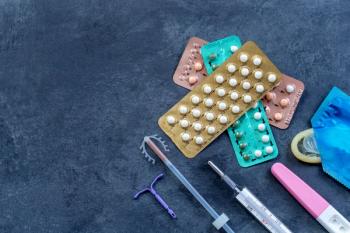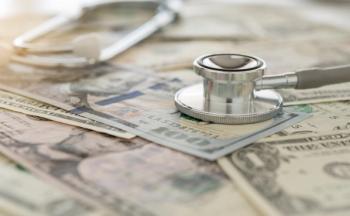
Community Pharmacies Make Positive Lifestyle Impact for Patients with Prostate Cancer
In the first study of its kind, investigators from the University of Surrey developed and tested the feasibility of community pharmacies delivering programs to improve physical activity levels and diet among men with prostate cancer and in those who have successfully completed treatment for the disease.
Community pharmacies found to effective in delivering programs that improve physical activity levels and diet among men with prostate cancer.The National Institute for Health and Care Excellence recommends men with prostate cancer follow a 12-week exercise program in order to reduce symptoms after treatment and to improve their overall wellbeing; however, this regimen is often difficult to assess in a hospital.
In order to evaluate a change in strength and physical fitness levels, 9 community pharmacies in England were trained to deliver health assessments and lifestyle prescriptions to men with prostate cancer or those who had undergone treatment. They checked the weight, body mass index (BMI), blood cholesterol, and blood pressure of 116 men and assessed their upper-limb strength, lower-limb strength, and overall fitness.
The study also included a computer algorithm developed by the investigators to improve strength and fitness levels. They then used these assessment data to generate an individualized lifestyle prescription, including exercise and dietary advice, for the participants. In addition, the pharmacy teams made regular phone calls to assist participants and offer guidance.
After a 3-month period, the participants were invited back to the pharmacy to assess their progress. Moderate and vigorous physical activity levels amongst the group were found to have increased significantly by 34 minutes. Investigators also found a reduction in weight by 1 kg on average, with BMI and cholesterol decreased by 0.3 kg/m2 and 0.4 mmol/l respectively. The participants also demonstrated greater arm and leg strength.
“Exercise and diet have been shown to reduce symptoms of prostate cancer treatment and lessen chances of cardiovascular disease,” said Sara Faithfull, professor of Cancer Nursing Practice at the University of Surrey. “It is understandable that men who have successfully beaten cancer are reluctant to embark on an exercise regime by themselves, so they need help to know what to do and how much is required to make a difference.”
Following the results, investigators concluded that services offered by community pharmacies can make a real difference in improving the physical fitness and wellbeing of men.
“Community pharmacies can make a really positive impact to this issue by providing valuable guidance and support for increasing activity levels and ensuring more informed dietary decisions are made. It is encouraging to see a measurable improvement over only three months, but we need to examine further how this could be effective in the longer term,” Dr. Faithfull said.1
Reference
- Community Pharmacies Make a Lifestyle Impact for Patients with Prostate Cancer [news release]. University of Surrey website. Published June 12, 2019.
https://www.surrey.ac.uk/news/community-pharmacies-make-lifestyle-impact-patients-prostate-cancer . Accessed June 17, 2019.
Newsletter
Pharmacy practice is always changing. Stay ahead of the curve with the Drug Topics newsletter and get the latest drug information, industry trends, and patient care tips.























